Project interactions
The PEMs4Nano project is a project within the European Green Vehicles Initiative ‘Smart green and integrated transport’ in the topic technologies for low emission light duty powertrains.
Other projects in this topic are mentioned below:
– dieper
– DownToTen
– EAGLE
– EMEurope
– FUTURE-RADAR
– JRC – Particle Measurement Programme
– ORCA
– PaREGEn
– SUREAL-23
– THOMSON
– UPGRADE
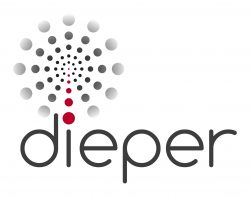 dieper – new technology for the reduction of sub 23 nm particles from diesel engines
dieper – new technology for the reduction of sub 23 nm particles from diesel engines
The dieper consortium comprises professionals from key players in the light duty powertrain and vehicle manufacturing sectors. This excellent group of companies (among which 2 OEMs, a major engine manufacturer, and five major high end and large component and engineering services suppliers) and knowledge centres develops the knowhow, intellectual property rights and technical capabilities to adequately and cost-effectively produce cleaner, highly efficient Diesel powertrains and aftertreatment technologies for future class D and E passenger cars and light commercial vehicles (LCVs) up to 3,500 kg that “go beyond Euro 6 limits under Real Driving conditions” (EU6 RDE).
www.dieper-project.eu![]()
DownToTen is developing a robust methodology that will enhance the regulatory approach towards particle number (PN) emissions in the sub 23nm region. The focus is on the new generations of direct injection gasoline and diesel engines under real world conditions.
www.downtoten.com![]()
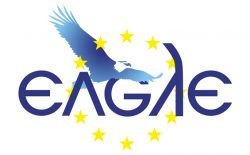 EAGLE – Efficient Additivated Gasoline Lean Engine
EAGLE – Efficient Additivated Gasoline Lean Engine
The EAGLE project (Efficient Additivated Gasoline Lean Engine) aims at improving the energy efficiency of European road transport vehicles by developing a highly efficient gasoline engine adapted for future electrified powertrains.
h2020-eagle.eu![]()
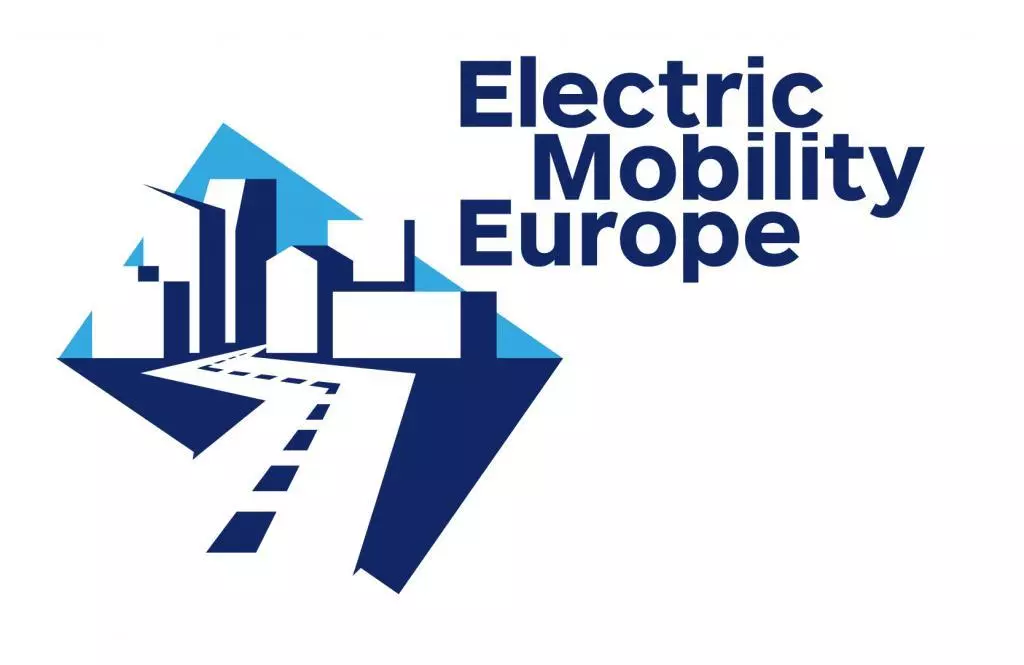 EMEurope – Electric Mobility Europe
EMEurope – Electric Mobility Europe
Building on the achievements, experiences, networks and results of the ERA-NET Plus initiative Electromobility+ (electromobility-plus.eu) 19 European national and regional government-related organisations with a strong interest in advancing electric mobility in Europe set up an ERA-NET Cofund to further advance electric mobility in Europe: the Electric Mobility Europe. This initiative is designed to take transnational e-mobility research and policy exchange towards deployable solutions.
www.electricmobilityeurope.eu![]()
FUTURE-RADAR
FUTURE-RADAR is the support action for ERTRAC and EGVIA to create and implement the needed research and innovation strategies for a sustainable and competitive European road transport system.
FUTURE-RADAR website![]()
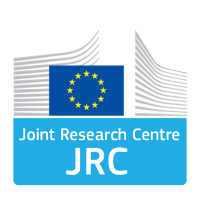 JRC – Particle Measurement Programme
JRC – Particle Measurement Programme
View the sessions of the Particle Measurement Programme (PMP)![]()
![]() ORCA – Orchestration and Reconfiguration Control Architecture
ORCA – Orchestration and Reconfiguration Control Architecture
ORCA offers experimentation facilities to promote wireless innovation in several market segments, including manufacturing, automotive industry, healthcare, ambient assisted living, public events, home automation, and utilities.
www.orca-project.eu![]()
![]() PaREGEn – Particle Reduced, Efficient Gasoline Engines
PaREGEn – Particle Reduced, Efficient Gasoline Engines
An international European consortium of 16 large industry and research organisations on various automotive fields of expertise, the “PaREGEn” consortium will demonstrate, at up to TRL 7, a new generation of gasoline direct injection engined vehicles achieving a 15% reduction in CO2 emissions through the optimal combination of advanced engine and robust aftertreatment technologies. Modelling and simulation software will be verified and used to improve the design and the capability of the engines. Two demonstration vehicles, one Mercedes E180 and one Jaguar XE, will comply with upcoming Euro 6 RDE limits with particle number emissions measured to a 10 nm dia. size threshold.
www.paregen.eu![]()
The SUREAL-23 project is developing novel nanoparticle concentration/size/composition measurement instrumentation, with special focus on the ultrafine nanoparticles emitted by internal combustion engines. The goal of the project is to quantitatively and qualitatively assess nanoparticle emissions of less than 23 nm and down to 1nm in size, in order to facilitate future emission regulations as well as to assess any potential trade-offs between advances in engine technology, efficiency and emissions.
sureal-23.cperi.certh.gr![]()
 Thomson – A clever combination of advanced engines technologies to reduce the environmental impact of the transportation sector
Thomson – A clever combination of advanced engines technologies to reduce the environmental impact of the transportation sector
The THOMSON project aims to develop cost effective solutions, based on 48V architectures, in order to reduce the environmental impact of the transportation sector through a clever combination of advanced engines technologies, electrification and wider use of alternative/renewable fuels.
www.thomson-project.eu![]()
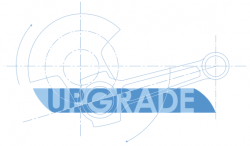 UPGRADE – Future engine as clever combination of different technologies
UPGRADE – Future engine as clever combination of different technologies
The project will consider the best combination of new engine technologies addressing in parallel two different combustion approaches: stoichiometric on a new 3-cyl 1.0 l engine and lean burn on a 4-cyl 2.0 l engine and, consequently, also the after-treatment system development will consider both the combustion approaches providing a complete overview and assessment of both technologies.
www.upgrade-project.eu![]()



